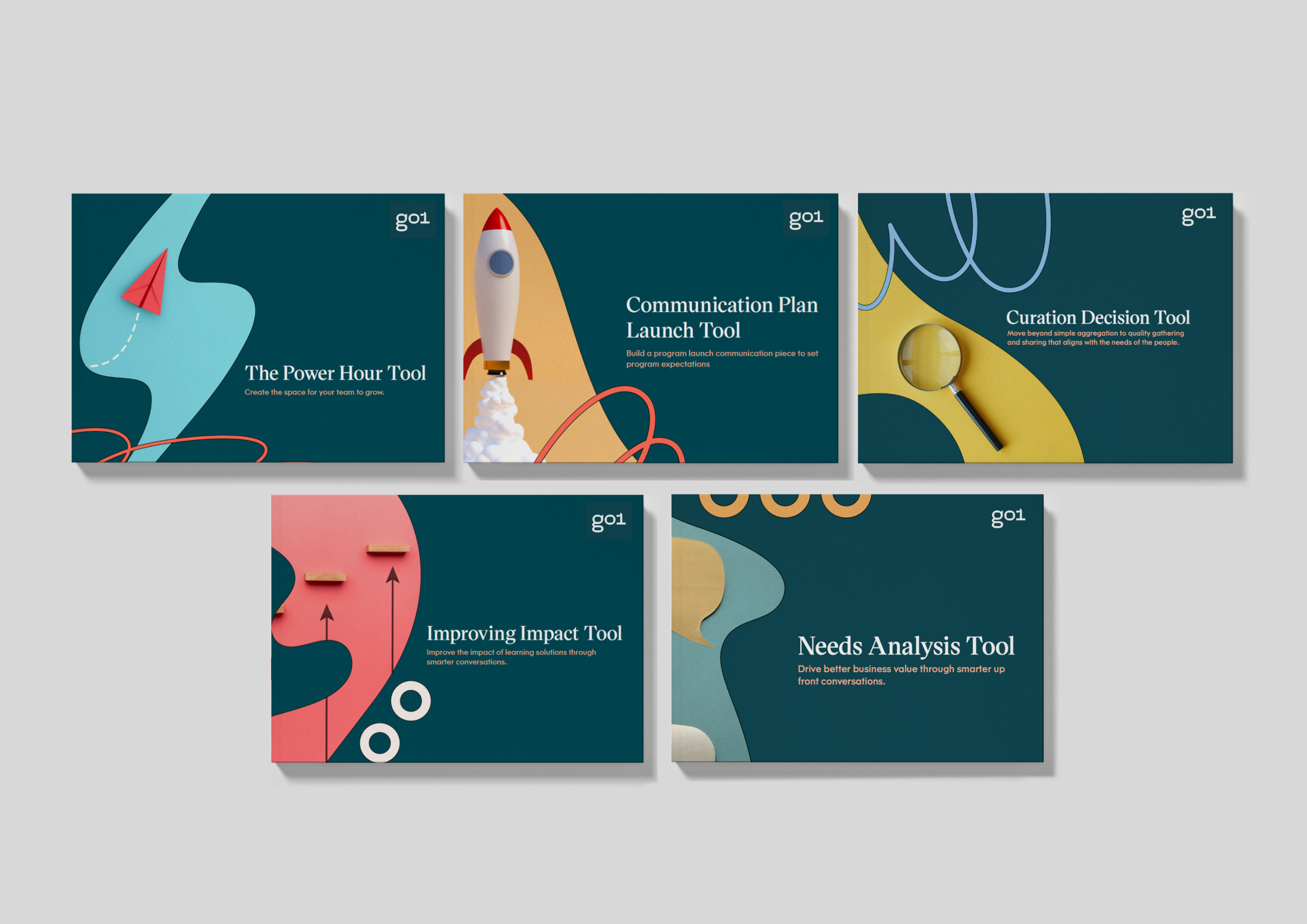
How to bridge the soft skills gap in younger workers

These days, more organisations are looking for employees with a good combination of ‘hard’ technical skills and ‘soft’ interpersonal skills. Yet a massive 80% of employers are struggling to find graduates with the soft skills they need.
Across many industries, managers and employers are expressing frustration at the lack of soft skills in younger workers – skills such as communication, critical thinking, attitude, and accountability.

Different from technical or functional skills, ‘soft skills’ are considered very valuable to employers, as they add to the overall functioning of your team, or the experience of your customer. In fact, it’s often the soft skills that matter when employees are being hired and fired.
As more organisations are recognising the value of soft skills, it’s really important that employees of all ages cultivate and develop these qualities in the workplace. For employers, bridging the soft skills gap will greatly benefit your business, with more productive, motivated and engaged workers achieving better results.
Let’s look closer at the soft skills gap, how it impacts business, and what you can do to help younger employees improve their skill sets.
The skills lacking in the younger generation
But first, are younger workers really lacking certain skills, when compared to older generations? Bruce Tulgan, author of 2015’s best-selling Bridging the Soft Skills Gap, believes so.
Tulgan began tracking generational workforce issues in the mid-1990s, so he has a lot of insight into the workplace issues that managers complain about most. The most common complaints from managers of younger workers are that many seem to have problems with:
- professionalism
- self-awareness
- accountability
- poor attitude
- underdeveloped people skills
- critical thinking
- respecting authority.
With this information, Tulgan believes there is “a growing gap between the expectations of employers and the reality of how young talent is showing up in the workplace.” And this is what we refer to as the soft skills gap.
Why soft skills matter in the workplace
Having the right technical skills and knowledge to successfully carry out your job is only one part of being the best you can be in the workplace. In addition to these hard skills, you need a good combination of soft skills to know how to work well with others.
Being able to handle conflict, perform well under pressure and work as part of a team are all very valuable skills for any employee. In addition to this, staff who possess soft skills tend to conduct more satisfying relationships, which leads to better workplace outcomes and a more positive work culture for all.
Let’s say you’re faced with two employees with the exact same set of technical skills. Yet these two individuals are very different when it comes to attitude or the ability to communicate and work as part of a team. Which person will you promote to a higher level – the staff member with the good attitude who is always willing to pitch in, or the uncooperative employee who seems to enjoy making life difficult for their colleagues?
Soft skills also go a long way when it comes to being a good leader, as many traits that are necessary for strong leadership can be linked to high levels of interpersonal skills and EQ. For anyone in a leadership or management position, developing your skills in areas such as problem solving, decision-making and motivating people will be very beneficial.
Hiring employees with advanced soft skills can have a significant impact on an organisation’s ability to function effectively, within its own structure and as part of their industry. For example, with sales-focused companies, employing staff with strong communication and teamwork skills will have a direct impact on customer experience, as well as profits.
Developing soft skills through online training
So how can you help staff to improve and develop their soft skills?
One of the best ways to learn new skills, or improve existing ones, is through online training. Regular, ongoing training will help to build up the soft skills of employees of any age. And bridging the soft skills gap will help your business to retain the best talent.
With many employers neglecting to provide training in these areas, focusing only on hard technical skills, make sure you’re a step ahead of your competitors and get your staff started with soft skills training.
Browse through the Go1 platform to see the huge array of soft skills courses on offer – whether you’re looking for online courses to improve communication, problem solving, critical thinking, or team work skills, we’ll have the right resource for you. You might like to check out our top five online courses to improve soft skills to get started.




